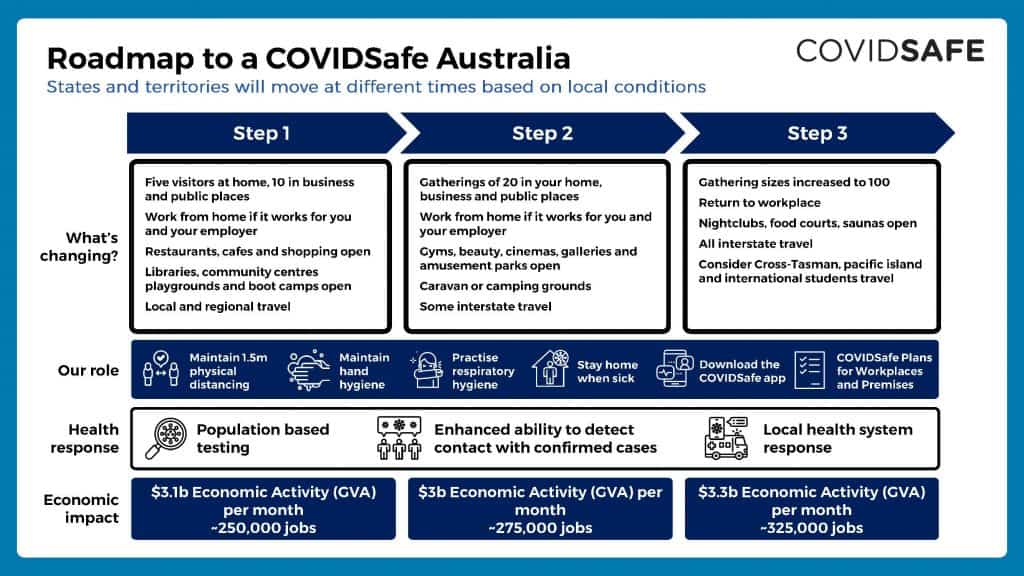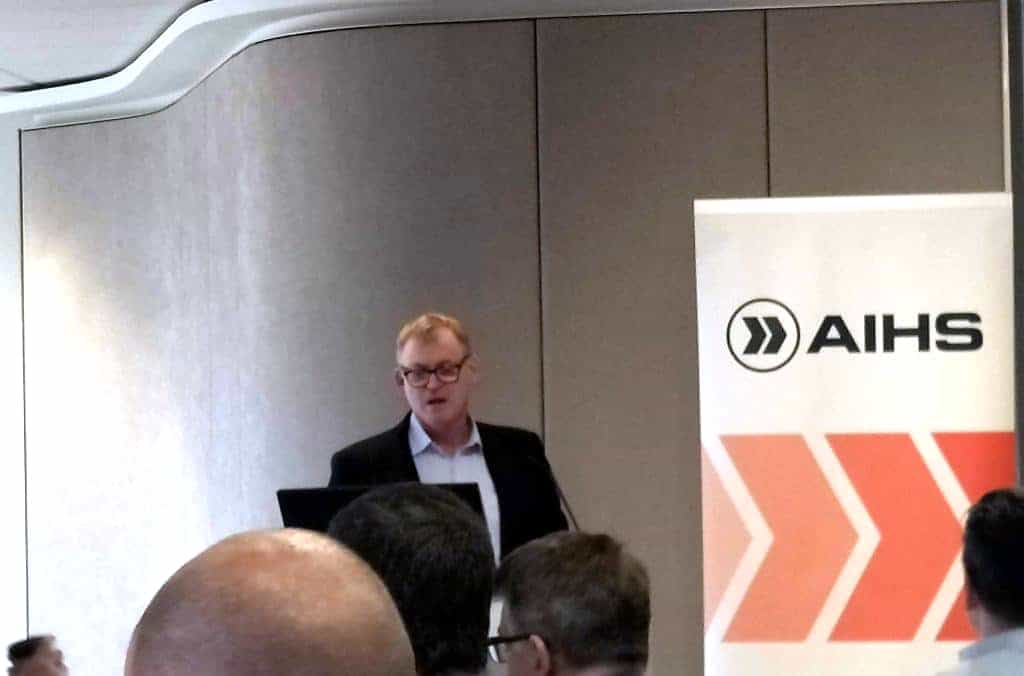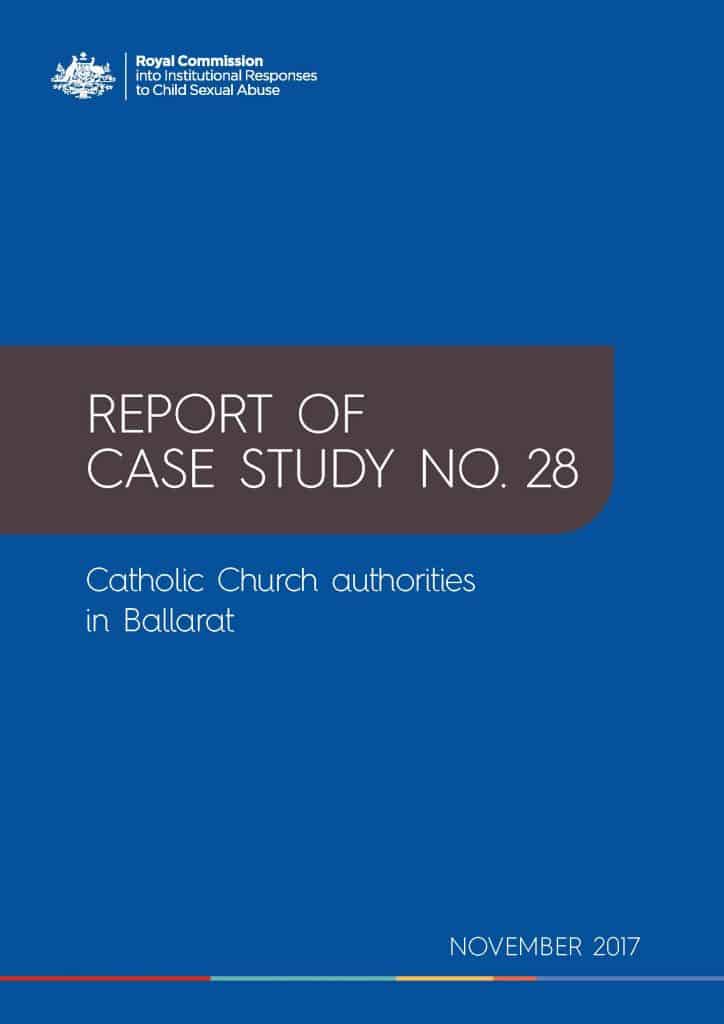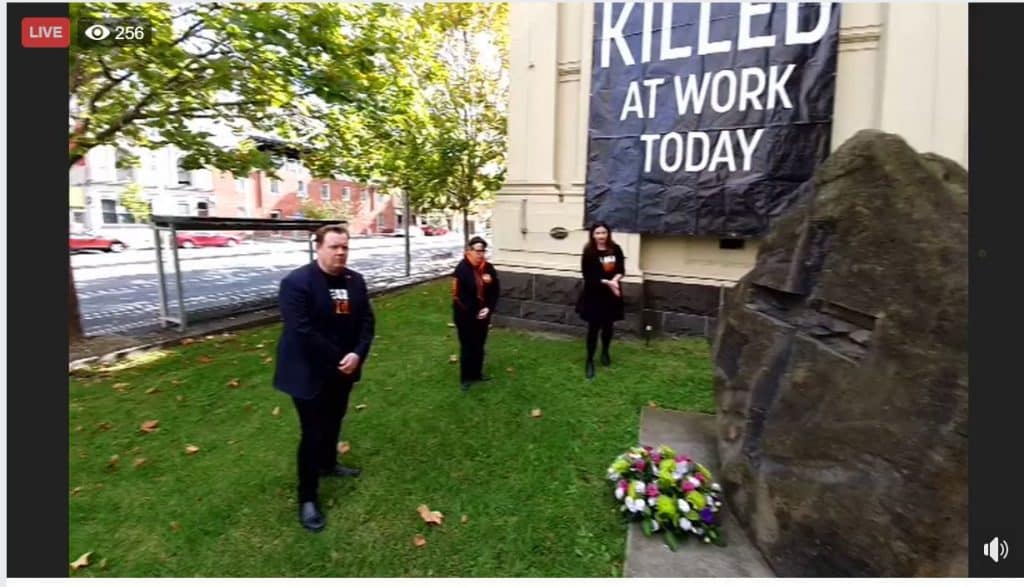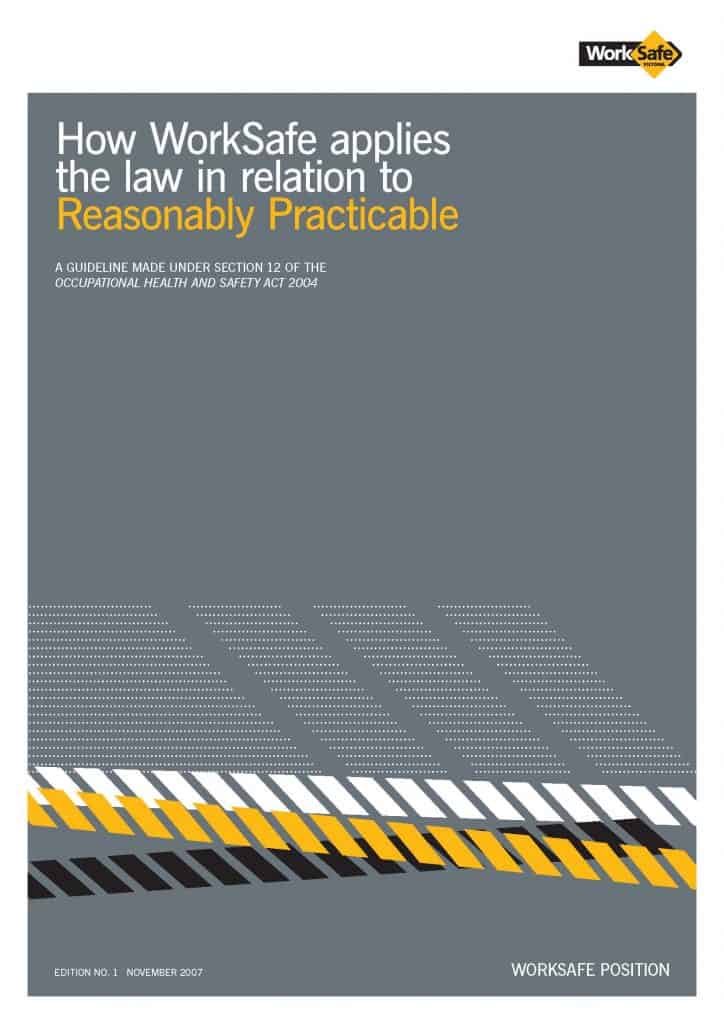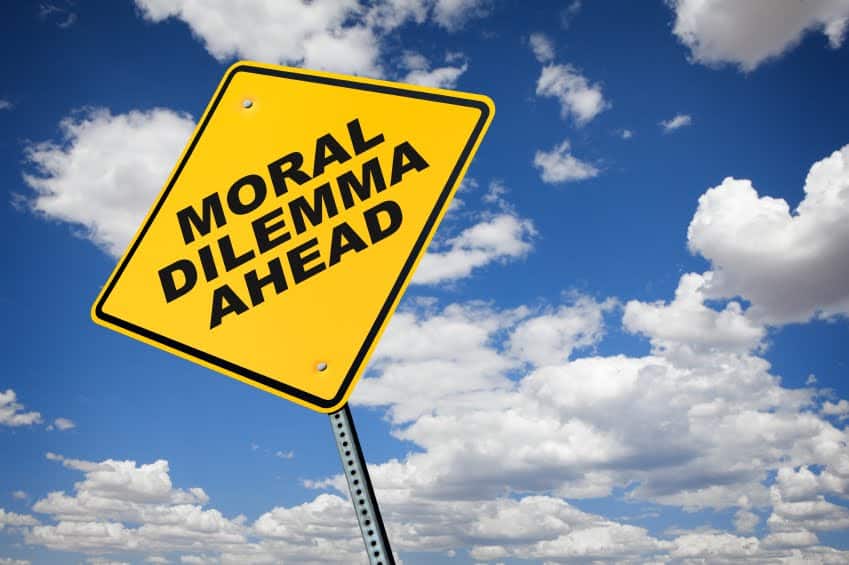[Guest Post] By Simon Longstaff (reproduced with permission from Crikey)
Each week, The Ethics Centre’s executive director Dr Simon Longstaff will be answering your ethics questions [in Crikey]. This week:
“ My employer sent me a questionnaire designed to test if my home working environment meets basic standards. If I’d answered truthfully I would have ‘failed’ the test. But what’s the point in telling the truth when I have to work at home in any case? Was it wrong to lie on the form?”
Although this ethical issue seems to fall on you — as the person receiving the survey — it actually starts with your employer’s decision to request this information in the first place.

